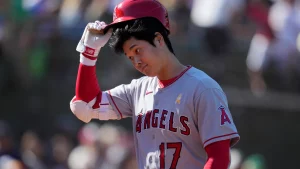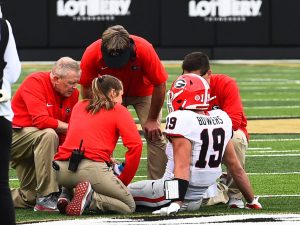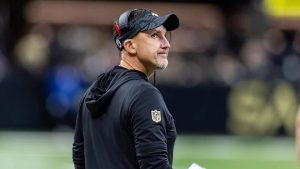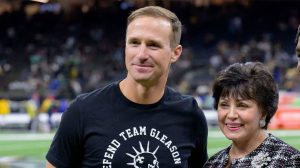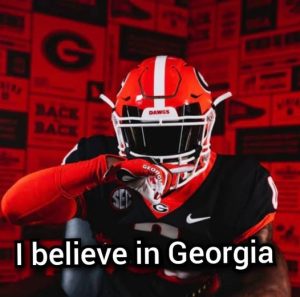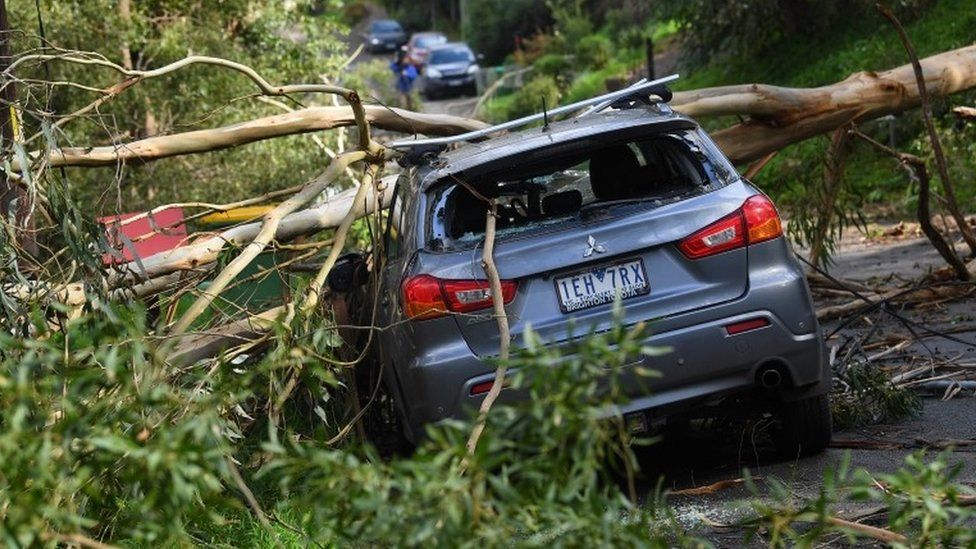
Former Western Bulldogs president and doctor Tony Capes loses short battle with cancer
FORMER Footscray president and club doctor Tony Capes has died after a short battle with an aggressive form of cancer.

FORMER Footscray president and club doctor Tony Capes has died after a short battle with an aggressive form of cancer.
Capes, 78, was president from 1982 until his shock resignation in April of the 1988 season.
He unsuccessfully sought a position as a part-time league commissioner the following month.
Capes, a respected football administrator and doctor, played a major role in giving Mick Malthouse a career in coaching when he sought his appointment as Footscray coach for the 1984 season when he was then an untried 30 year-old.
He also played a major role in implementing the league’s first illicit drug code.

In March 1990, the AFL appointed Capes as the league’s first medical commissioner to oversee the inaugural drug code for illegal performance enhancing substances. The league announced that under the newly introduced code, players would be tested out of season, during the season and before or during the finals.
Capes was club doctor when Bulldog Neil Sachse, playing just his second league game, became
a quadriplegic at Whitten Oval on April 12, 1975, when he fell into the path of Fitzroy’s Kevin O’Keeffe.
He told Fox Footy in 2006: “I was holding his hand and he looked up at me and said, ‘Am I going to be all right, Doc’?” “I said, ‘Oh, yeah, you’ll be right, Neil’.
“He said, ‘That’s good, I trust you’. (It was) probably the worst moment I’ve ever had in my life,”
Western Bulldogs president Peter Gordon said last night that the Bulldogs owed a lot to Capes and the club was saddened with the news of his death.

“He was a very good man and a very good doctor in and around Footscray,” Gordon said.
“And he was a great president of the club. He tookover at a difficult time early in the 1980s and he really masterminded the resurgence of the club that lead us to getting into the (preliminary) final in 1985 for the first time in a decade.”

Gordon said Capes saw the club through some tough times and supported it with his own money.
He said a big part of the reason why the Bulldogs still exists today is because of Capes’ leadership and dedication.
“We are very grateful to him and our thoughts are with his family,” Gordon said.

